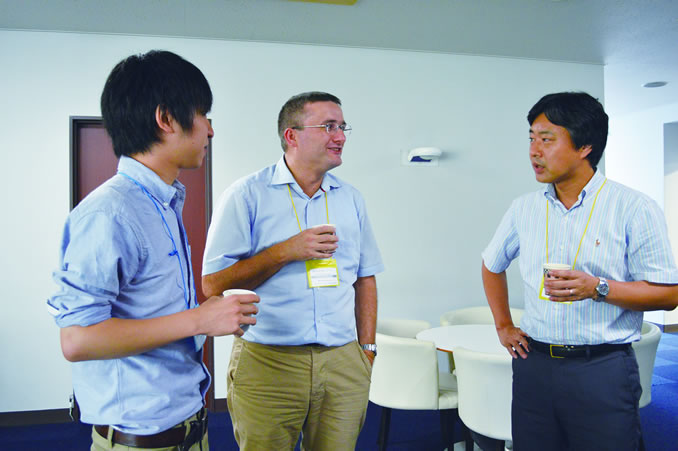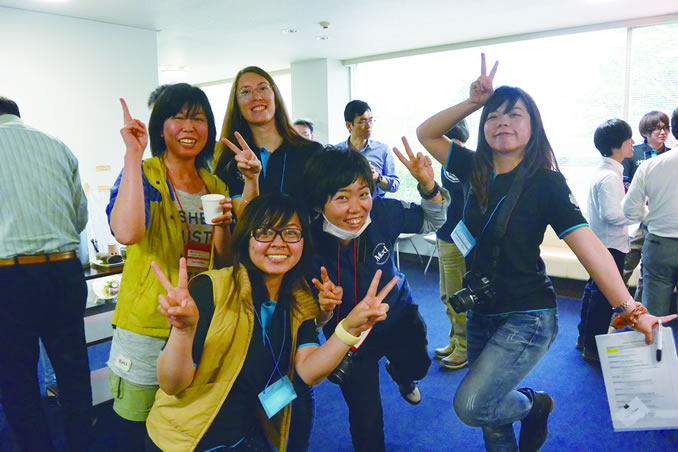Work well for gathering student information
I have come to realize that the special scholarship offered by the HBP to students seems to work well for gathering student information. Students have to write a monthly report in order to receive it. The submitted reports are evaluated each month. This is a surprisingly useful process, in fact, because if students stop coming to the university due to a difficult situation, they will stop submitting the monthly report as well. In other words, if they cannot write the one-page report required to receive the scholarship, it means that they are not in a good situation. This is how we can keep track of students each month. Since staff members from the student support committee check the monthly reports, they will inform us if report submissions are delayed or stop. This gives us a chance to check in with these students, and we can identify what kind of difficult situations they are facing.
Moreover, since the student support committee in charge of checking the reports is an organization outside the laboratories, staff and faculty members both inside and outside the laboratories can manage this process. I think it would be difficult to establish such a management system in other general research departments. These mechanisms and processes work well in the HBP, therefore, we can respond quickly to help our students.

Student-Teacher networks beyond laboratories
[ Student Support and Instruction ]
As HBP provides a variety of learning experiences such as research collaboration with private companies and oversea laboratories, practical education of "Entrepreneurship" and "Appropriate Technology" with external parties, it was necessary to establish robust and holistic student support systems.
HBP established multi-layered "Team Teaching" environments involving not only internal faculty members but also faculty members outside the university, experts in institutions and companies and experienced professionals in various sites where students visit through the internship and research rotation.
Atmosphere of the HBP allowed everyone
If I had been alone, I think that I would have given up in the middle of the HBP. I was able to continue working because the support that others gave me often changed my feelings for the better and motivated me. It was very helpful when seniors and teachers took me out of the laboratory to talk in a different environment. Additionally, my friends in the HBP sympathized with and encouraged each other; we went through hard times together.
At ordinary graduate schools, there is limited interaction among lab members. In contrast, because the HBP connects seniors, juniors, and other students in the same grade through various events throughout the year, we were able to get to know each other well.
In short, the atmosphere of the HBP allowed everyone to communicate easily. I felt that I could go to see someone at any time to ask for advice, even if I did not usually talk to that person.
I was not very good at talking with people, and my English was poor when I entered the HBP. Around that time, my teacher suggested I go abroad. Consequently, I went to the Netherlands to do a short internship in a compulsory subject. For the first time in my life, I decided that I had to do it by myself, that I had to be proactive and positive. I broke out of my shell there.

Strong ties through collaborative events
[ Students' Proactive Planning and Proposal ]
HBP provides a variety of opportunities to develop students' planning and proposal abilities in addition to research activities as classes. Still, it was necessary to promote such abilities in "self-motivating" ways beyond the purpose of just graduation or credit earning.
HBP provides teamwork opportunities by positioning“Initiation Seminar” where students can understand the diversity of future careers as a student-oriented event. HBP proactively holds out chances that the students can make plans and proposals by themselves such as business competitions and Tsukuba Science Global Week(TGSW).

